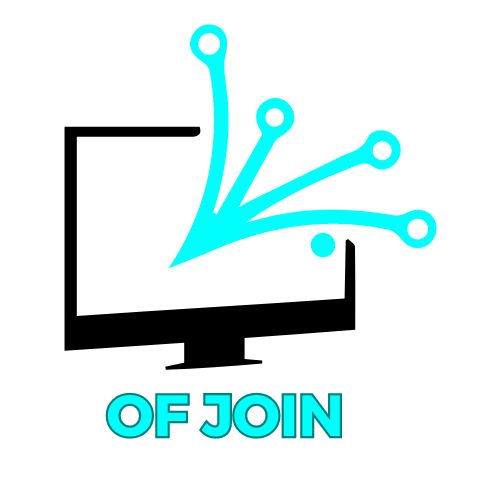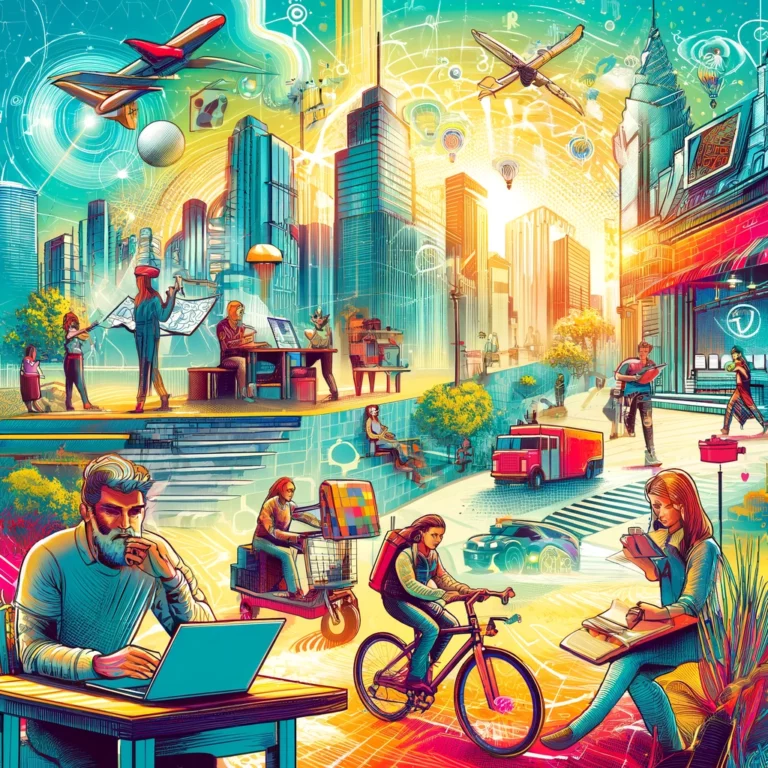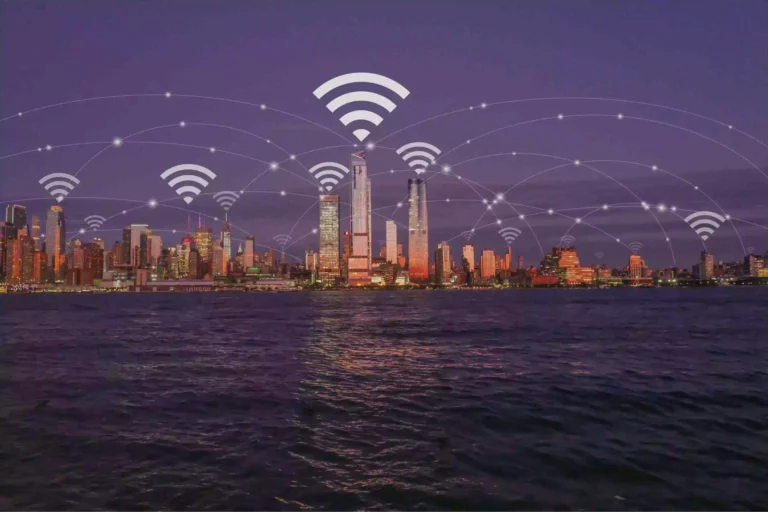The Next Big Shift: How AI Is Reshaping Everyday Life in 2025
Artificial Intelligence is no longer the future—it’s the present. What began as an abstract technological dream has now become woven into the fabric of daily life. In 2025, AI has evolved from a buzzword to an invisible assistant quietly optimizing how we work, live, and make decisions. From health to home management, from business efficiency to creativity, artificial intelligence is redefining what’s possible and transforming our everyday experiences in ways both subtle and profound.
Here’s how AI is reshaping modern life right now—and where it’s headed next.
1. Smarter Homes, Smarter Living
Home automation has come a long way from simple voice commands. Today’s AI-driven homes are truly intuitive. Your thermostat no longer just adjusts to your preferred temperature—it predicts it. Lighting systems change hues based on your mood or activity. Smart fridges can reorder groceries, suggest recipes, and track expiration dates.
But the biggest leap isn’t in convenience—it’s in personalization. AI learns from your habits and creates a seamless daily rhythm. From morning coffee prepared at the exact time you wake up to home security systems that recognize familiar faces, artificial intelligence is turning homes into adaptive ecosystems that anticipate rather than react.
2. Healthcare That Thinks Ahead
AI’s impact on healthcare in 2025 is both revolutionary and lifesaving. Algorithms now analyze patient data faster than any doctor could, spotting early warning signs of disease long before symptoms appear. Predictive analytics can flag potential heart issues, monitor blood sugar levels in real time, and even detect subtle changes in voice that may indicate neurological disorders.
Virtual health assistants powered by AI make it easier than ever for patients to manage their care—reminding them to take medication, tracking recovery progress, and answering basic questions 24/7. Telemedicine platforms have integrated AI triage systems that guide patients to the right specialists without unnecessary visits.
Most importantly, AI has made healthcare more accessible. In underserved areas, AI-powered diagnostics and portable devices are bridging the gap where doctors are scarce, saving countless lives through early detection and preventive care.
3. The Evolution of Work
The workplace has been permanently redefined by artificial intelligence. Routine administrative tasks—data entry, scheduling, and reporting—are now handled by AI-powered software, freeing up human employees for higher-level thinking and creative problem-solving.
But this shift isn’t just about efficiency—it’s about augmentation. Professionals now use AI tools to enhance their work rather than replace it. Marketers rely on AI analytics to predict consumer behavior. Designers use generative AI to prototype products faster. Writers and coders collaborate with AI assistants to refine ideas and accelerate production.
Meanwhile, AI-driven learning platforms personalize career development, suggesting courses and skills based on performance and market trends. In short, AI has become both a coworker and a career coach.
4. Personalized Education and Learning
In schools and universities, AI has transformed how students learn. Adaptive learning platforms adjust lessons to each student’s pace and style, ensuring no one is left behind—or held back. Teachers use AI to analyze classroom performance, identifying areas where students need extra help and providing targeted support.
Outside traditional education, AI has made lifelong learning more accessible. Interactive platforms recommend new subjects based on your interests, current job, and even future career projections. The result is a more dynamic, equitable, and personalized educational landscape.
5. Everyday Decision-Making Enhanced
Beyond work and education, AI is quietly shaping personal decision-making. Financial apps powered by machine learning can optimize budgets and investments. Fitness trackers analyze sleep, stress, and movement to design individualized wellness plans. Travel platforms suggest destinations that match your personality and current mood.
Even creativity has entered the AI era. From generating music to assisting in digital art and writing, AI tools are expanding human imagination rather than replacing it. The technology acts as a collaborator—one that helps refine ideas and bring visions to life faster than ever before.
6. Challenges and the Path Ahead
Of course, the rapid integration of AI raises complex questions. Issues like data privacy, algorithmic bias, and overreliance on automation continue to spark debate. Striking a balance between innovation and ethics remains one of 2025’s defining challenges.
Still, the direction is clear: artificial intelligence isn’t taking over our lives—it’s enhancing them. By automating the routine and amplifying the creative, AI is giving people back what matters most—time, efficiency, and insight.
The world of 2025 is living proof that artificial intelligence has evolved from novelty to necessity. It’s not about machines replacing humans but empowering them to live, think, and create better. The next big shift isn’t coming—it’s already here. And as AI continues to learn from us, we’re learning just as much from it—about innovation, adaptability, and the boundless potential of human imagination.







